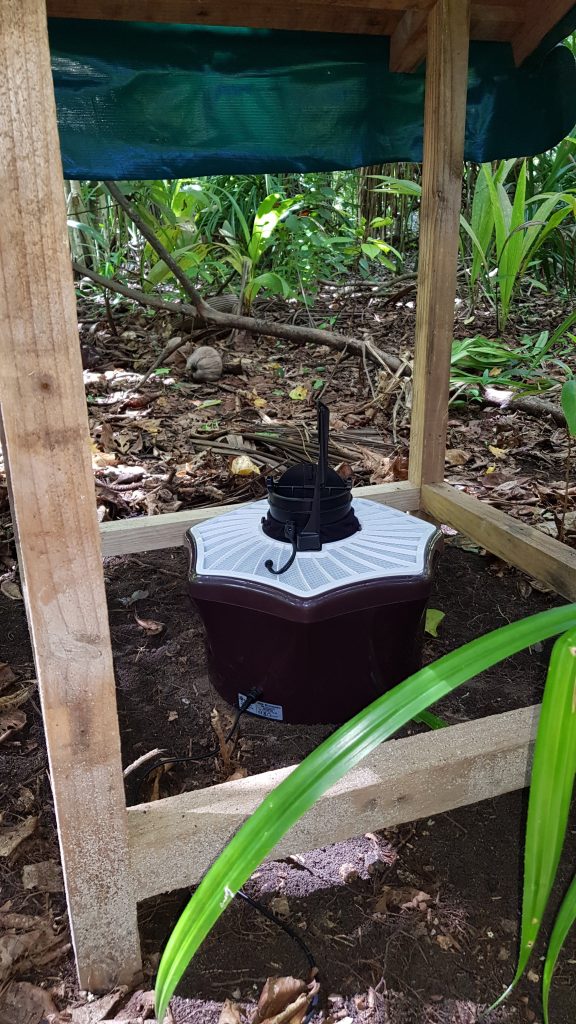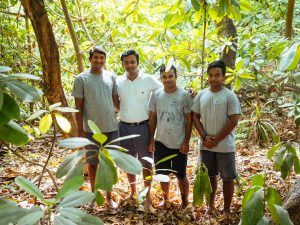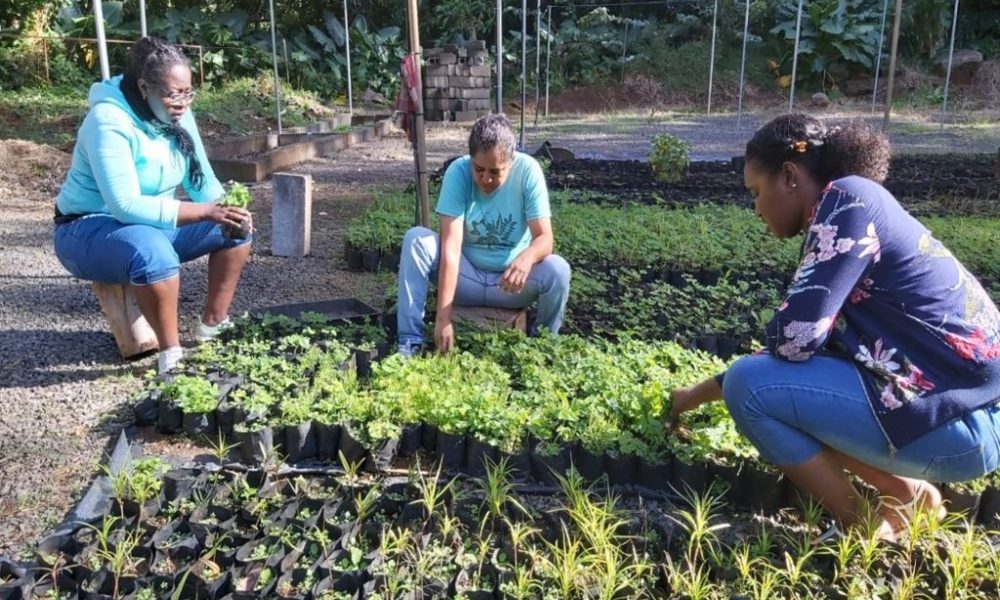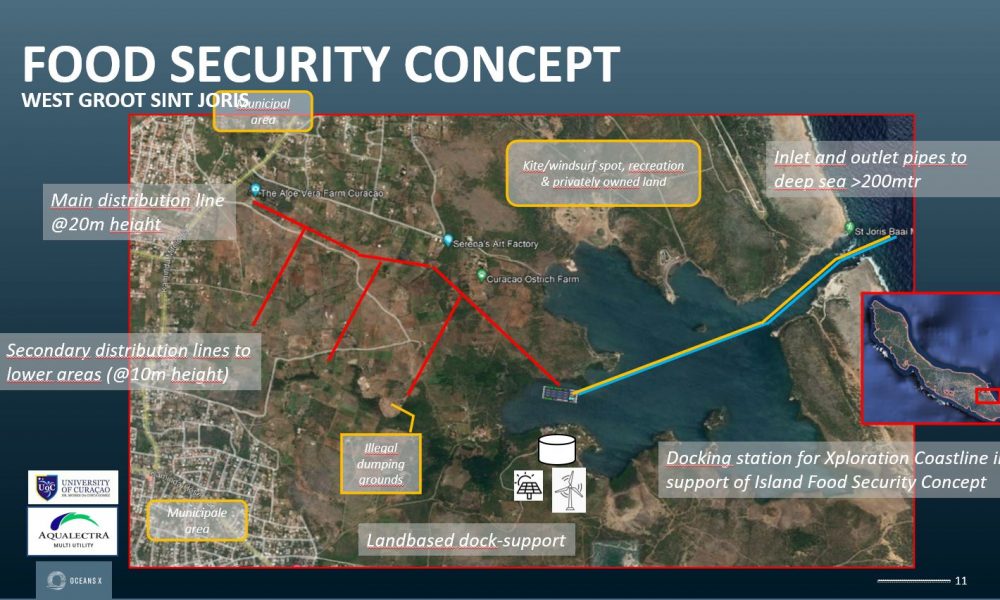Soneva Fushi’s Zero Mosquito Project
Projects
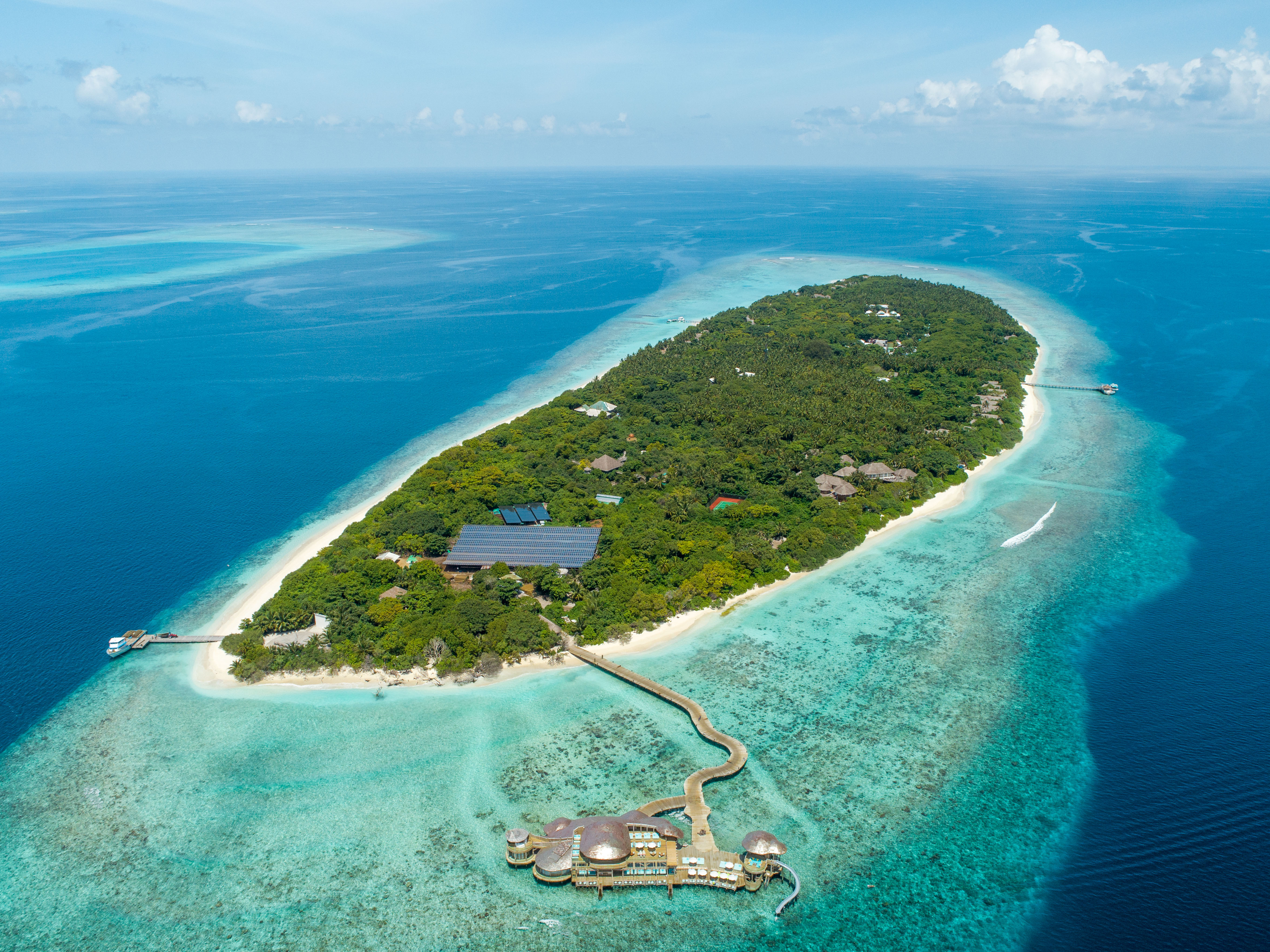
Soneva Fushi’s Zero Mosquito Project
GTI Awards 2020 – Sustainable tourism
General information:
Island (Region, Province, Country):
Kunfunadhoo – BAA ATOLL, MALDIVES
Population:
400
Budget / cost of the project:
USD 120,000
Project objectives:
Soneva Fushi’s Zero Mosquito Project aims to eliminate mosquitoes without the use of harmful chemicals and at the same time improve the biodiversity of the island.
The objectives of the Zero Mosquito projects are:
- eliminate mosquitoes on Kunfunadhoo
- eliminate use of harmful pesticides
- improve the biodiversity of Kunfunadhoo
We hope with this create a model that can be replicated on other island destinations and ultimately reduce the number of mosquito-borne diseases.
Project description of activities and specific interventions:
Soneva Fushi is a sustainable luxury resort located on Kunfunadhoo island in Baa Atoll, Maldives. The 50 hectare island has 71 guest villas and a dense tropical forest. The island is exclusively a resort island and the only people that live there in addition to guests are around the 400 hosts (staff) of Soneva Fushi.
Like most resorts in the Maldives, Soneva Fushi used to use chemical fogging to manage mosquito population. However, the mosquito population built strong resistance to this treatment over time, rendering it ineffective. Moreover, fogging is directed against adult mosquitoes only. While mosquitoes turned resistant, the fogging reduced the number of other insects usually found on Kunfunadhoo Island, including species of butterflies, dragon flies, bumble bees, beetles and more.
Since June 2019 Soneva Fushi has been working with Biogents, a company on the forefront of international mosquito control research, in order to introduce a sustainable, insecticide-free mosquito management system.
Two types of mosquito traps, with a total of more than 500, have been deployed across the island: the BG-GAT, which is a passive trap for egg-laying tiger mosquitoes that have bitten someone and are searching for a place to lay eggs; and the BG-Mosquitaire CO2, which attracts mosquitoes in search of blood. Carbon dioxide, produced through yeast and sugar fermentation helps attract the mosquitoes in combination with lactic acid that humans emanate from the skin.
Additionally, mosquito breeding sites are eliminated. Areas with stagnant water found are removed. This included reducing the use of tarpaulins, island clean-up days to remove coconut shells and any other objects that could contain water, and daily inspections of island sectors for the presence of mosquito larvae.
Public outreach, education and awareness efforts and results:
The aim of this partnership between Soneva and Biogents is to bring the mosquito population on the island of Kunfunadhoo, the home of Soneva Fushi, down to zero, to show the international community that it is possible to use sustainable insecticide-free alternatives in mosquito control, and to be the first mosquito-free island in the Maldives.
Medical entomologist Bart G.J. Knols, PhD MBA and Akib Jahir, MSc, Integrated Pest Control Manager, leads the implementation of the project on Soneva Fushi alongside Biogents. They have educated Soneva Fushi’s Zero Mosquito team and other hosts about mosquito breeding sites and how to reduce the amount of stagnant water found on the island. This included reducing the use of tarpaulins, island clean-up days to remove coconut shells and any other objects that could contain water, and daily inspections of island sectors for the presence of mosquito larvae.
Recently, Soneva gifted several mosquito traps to Parliament in Malé, the capital of the Maldives. Furthermore, the team is in contact with 18 resorts that has expressed interest in adopting the same method. The team is working with these resorts to provide them options on how to make it happen.
Economic value added and how calculated:
The cost of implementing the project has been USD 87,000 per year. This is lower than the USD 110,000 spent per year on pest management company. Not only has the costs gone down, but Soneva Fushi has seen a significant reduction in guest complaints. For a resort with 50% repeat business this is very important and many of the repeat guests have expressed that they have clearly noticed that there are fewer mosquitoes.
With the improvement, the number of compensations for mosquito bites have been significantly reduced. This have further improved the value of the project.
We are working with Biogents to test an improved version of the traps we have used, which cost a quarter of the original price. If this proves successful, that will further improve the economic value added to the project.
Ecological and social project outcomes:
In the first weeks of implementing the Zero Mosquito Project, the traps caught up to 9,000 mosquitoes a day, on average 20 mosquitoes per trap. Since then, this number has reduced to single digits. Soneva Fushi has two mosquito species on the island, the Aedes and the Culex. The Culex is nearly extinct and we hope that the Aedes will soon follow.
Starting June 2019, a month into the operation, a sharp decline in the number of mosquitoes trapped on the island was already observed, and today the mosquito population has been reduced by around
98%. Soneva’s target is to eliminate all mosquitoes on Kunfunadhoo island by the end of April 2021. Biogents has assured Soneva that eliminating mosquitoes from the island will have no impact on the local food chain and ecosystems, as Kunfunadhoo has low biodiversity and no freshwater aquatic ecosystems where mosquito larvae are a necessary part of the food chain. The halting of chemical fogging has also resulted in the appearance of a greater diversity of flora and fauna on the island.
Now, with the new mosquito management system, guests and Hosts alike have seen an increase in the Maldives’ native insects. These natural pollinators are now back in abundance, which means there are more flowers, more fruits and Soneva Fushi’s organic gardens are thriving as a result with more produce to serve its restaurants. With the increase in fruits and insects, there are also more birds visiting the shores of Kunfunadhoo and fire flies are once again spotted at night.
